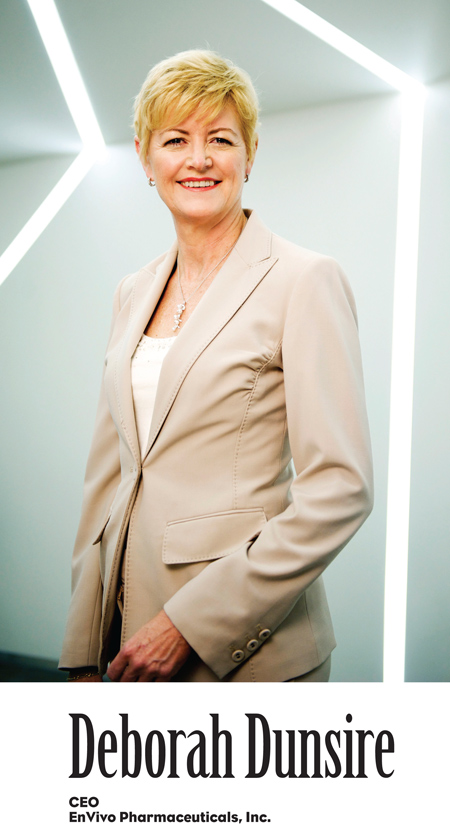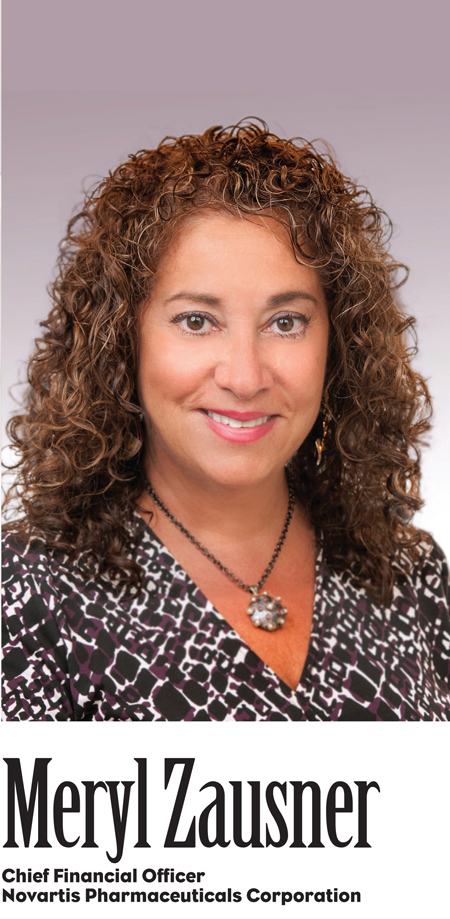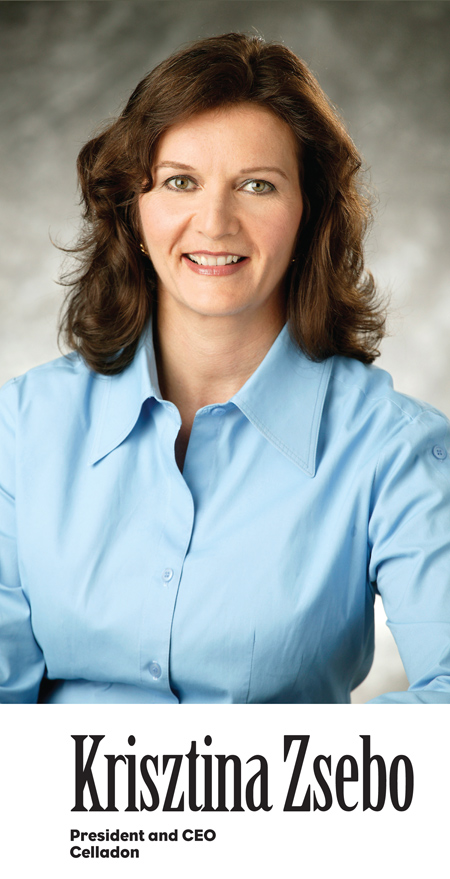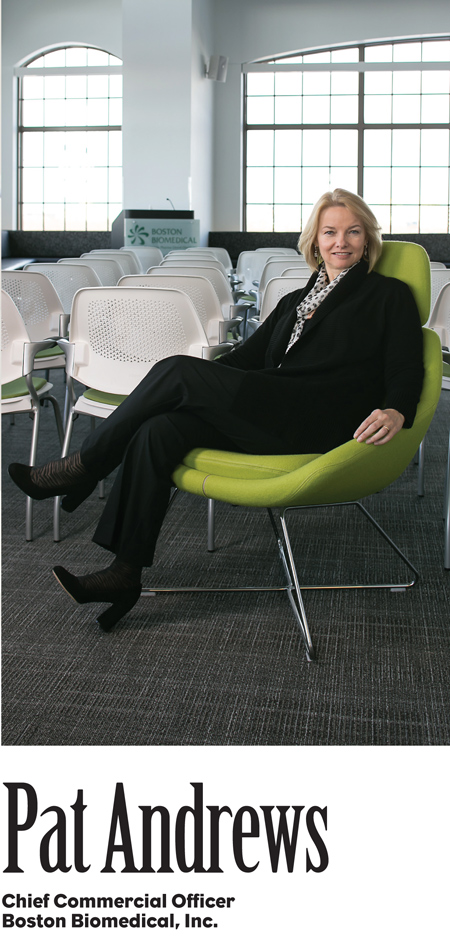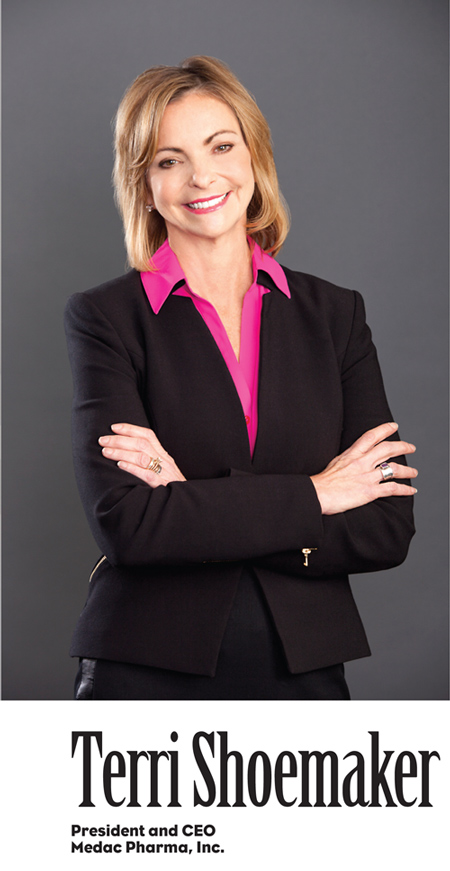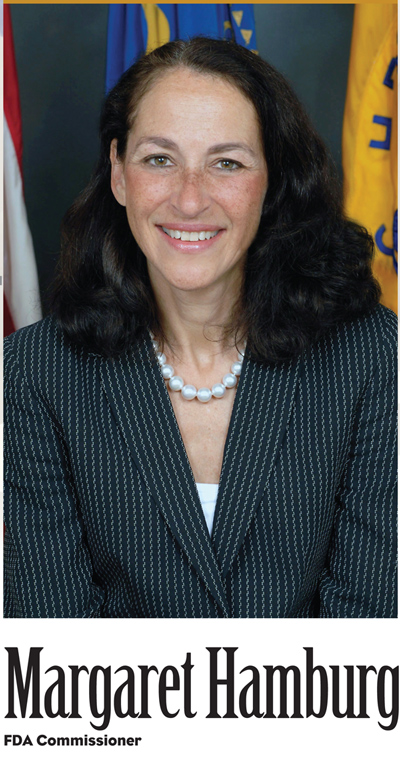Do women in the healthcare industry really hit a glass ceiling? The recent announcement of Mary Barra as CEO of GM kicked off a plethora of articles asking that question. Certainly the statistics seemed to support this notion. Overall, women currently hold 8% of the Fortune 100 CEO positions, and slightly over 4% of Fortune 500 and 1000 positions.
GM’s announcement reminded me of the study we conducted 10 years ago, for Women in High Places: Leading the Global Challenge of Medicine (WHIP). At that time, out of over 1,500 organizations, fewer than 9% of healthcare companies and 5% of academic/research medical institutions in the USA had women in the top three levels of the company (starting with corporate VP levels or full professorships), with nary a female CEO in sight.
Glass ceiling? No. Taking a closer look, we found that there was not so much a glass ceiling, as a fog bank at the bottom. To make matters worse, the WHIP study found that one-third of women qualified for that first critical position as a first-line manager in industry or as a research fellow or assistant professor. There was, indeed, de facto discrimination.
Flash forward to today. Taking the example of the pharmaceutical sales force (a vital line function that feeds into managerial positions), we see that while over 70% are women, fewer than one-third are first-line sales managers. If that base is low, it will continue to be low right up the pyramid, with an ever dwindling pool of women as candidates for top leadership jobs. As of December 2013, only one woman is CEO of a healthcare company in the Fortune 1000 list (#374, Mylan).
Are we there yet? Are we even close? PM360 asked six women who have achieved C-level positions—or are otherwise at the top of their game—three questions to aid those who wish to follow in their footsteps:
- What have you experienced as barriers to success on your career path, and what advice would you give to women who come up against these same barriers?
- If you were to give a young woman who aspires to reach high places in the pharmaceutical and/or healthcare industries a “heads up” about one thing she will likely encounter on her career path—that you also experienced on your career path—what would it be?
- What can women do to prepare themselves to reach the C-suite in the pharmaceutical and healthcare industries?
On the following tabs, we share their answers—hard-won insights that remind us of the road we must travel to get there, and the challenges and rewards of the journey to come.
Deborah Dunsire, CEO of EnVivo Pharmaceuticals, Inc.
More Than 25 Years in Biopharmaceuticals
On Barriers
One barrier very important for women: Balancing family need and career. Everyone who has a family will face this at some level. I have been able to move my family quite a lot—so mobility is very helpful. Today, I have children in high school, and now, a barrier to considering any job under the sun is that inability to move.
However, you need to be very comfortable with the balance you strike—your career is only a part of your life. If you are offered a great job requiring you to commute on a semi-permanent basis, you need to be very comfortable with that so you can have the type of family life you want.
Heads Up!
In our industry, having a scientific background—I have an MD—is really valuable. It is key to opening doors to opportunity.
Also, early in your career, if you ever have the option to work internationally for a period of time, jump on it. It’s an incredible business and personal learning experience that differentiates you from many others.
Employers understand an international experience transforms a person and demonstrates an ability to be successful under very different conditions.
C-Suite Prep
If you’re willing to drive the change an organization feels is important; participate in uncomfortable, sometimes ambiguous projects; prepared to help organizations through the challenge of implementing change; and can demonstrate flexibility, commitment, and the ability to learn and handle change, then put your hand up for things that are seen as important within the organization. Step up, step in, say yes.
Meryl Zausner, Chief Financial Officer of Novartis Pharmaceuticals Corporation
More Than 30 Years in Consumer Products and Pharmaceuticals
Heads Up!
Don’t sacrifice your personal life for your career. Of course there will be times that you have to make personal sacrifices, but think hard about them and how often they are occurring. If you have a full and happy life you’ll be much more focused at work and successful in your professional career.
C-Suite Prep
Women need to be flexible and open to new opportunities, experiences—and take more risks. They often put themselves in the running for a position only when they think they’re guaranteed to be successful. They’re afraid of failing because they want to be good role models and don’t want to disappoint other women in the organization.
To be really successful, women need to get better at asking for the help and support they need—and prioritize and delegate more. We tend to do a lot on our own, but when we trust others, give them ownership and responsibility, and don’t get bogged down in the details, it frees us up to take stretch assignments and grow.
In a global organization, the ability to relocate is key to advancing. Having the flexibility to move to another state or country gives you broader experiences. However, many of us have family commitments that keep us from being mobile. But with technology, there are many global jobs that can be performed from your home country—with a commitment to have some travel flexibility. I am starting to see women ask for these opportunities in order to get the necessary experiences to be on track to move to the C-suite.
Krisztina Zsebo, President and CEO of Celladon
Twenty-three Years in Biotech
On Barriers
The major barriers I’ve experienced have been two-fold: One is a lack of respect relative to male peers, and the other concerns equal pay for equal work. The issue regarding “lack of respect” relates to an inherent bias as to the competency of a woman executive, especially as one climbs the ladder to the top.
The only way to overcome this is to deliver top performance, so basically women have to outperform male peers to achieve the same amount of recognition. Equal pay for equal work is an ongoing battle, and the only solution is to constantly communicate the average rate of compensation for your position and seek to be treated equally.
Heads Up!
Expect a challenge—do not expect that you will be treated equally with male peers. You will likely be amazed at the amount of discrimination that still exists. Much of it is subconscious, especially with the over 60-age group. Generally, younger peers carry less baggage from the past.
C-Suite Prep
Always go the extra mile, and eventually your expertise and accomplishments will be recognized. Become expert at public speaking (even if you are not in front of large audiences). This experience will reduce a natural tendency towards holding back, especially in confrontational situations. Speak your mind, do not sit on the sidelines, be bold and “step-in!”
Pat Andrews, Chief Commercial Officer of Boston Biomedical, Inc.
More than 20 Years in Pharmaceuticals and Biotech
C-Suite Prep
First, in whatever you do, get results. Performance is the most important criteria for promotion. You want to be known as someone who gets the job done.
Second, make sure your boss looks good. Never speak badly about them. Without going overboard, let them know you appreciate their efforts. Your boss can help you more than anyone else and as your boss rises through the ranks, they will take you with them. You can get many prized opportunities from senior people who know you have contributed to their own success and want you to do it again.
Third, don’t just complain about problems, bring solutions to them. Be consistently positive and don’t gossip. Complainers go nowhere and people don’t like to work with them.
Fourth, don’t doubt yourself. Women seem more likely than men to downplay their abilities (“I haven’t done that before…I don’t know if I will be able to”), so don’t fall into that trap. You should want to try something you haven’t done before. Stretch yourself and you might be amazed at what you can do.
Fifth, consider changing companies for a bigger job if the road upward at your current company seems impassable.
Position yourself as a high achiever who sees a path forward regardless of the obstacles—and who makes those around her successful. On the other hand, the C-suite has a lot of stresses and takes up huge amounts of time. It is not the be all and end all of a career; know yourself and what matters to you.
Terri Shoemaker, President and CEO of Medac Pharma, Inc.
More than 25 Years in Biotech and Biopharmaceuticals
On Barriers
There are many obstacles that, if we allow them, can get in the way of personal and professional growth. One of the biggest barriers to success for women is the difficulty reconciling family and a career. We talk about “work-life balance,” but rarely achieve it. We can’t be all things to all people. No one can “do it all,” nor should we.
As career women, wives and mothers we have to make compromises—and that is okay. It is critical to build a network of successful women and identify a mentor. As there are more and more women in leadership roles, there is a greater accessibility to successful, strong women.
However, it requires effort. We have to challenge ourselves to seek out relationships to strengthen our skills, help us learn to navigate the political waters and allow us to build trusted confidants. At the same time, it is crucial we pay it forward. If we take the time to lend our expertise, develop other women and serve as mentors, we will have a positive impact on the growth of women in leadership.
Heads Up!
You are not ever going to please everyone, so don’t try. Stay true to your convictions and lead with a sound mind and a solid heart. Do the right thing and you will always come out ahead.
C-Suite Prep
Work hard, seek out opportunities for growth and treat others with respect. Set your standards high, drive accountability and lead by example. Be yourself and not what you perceive others want you to be.
Margaret Hamburg, FDA Commissioner
Twenty-Three Years in Sciences and Public Health
Heads Up!
One key piece of advice I can offer to encourage women to take advantage of the enormous opportunities available in the sciences, healthcare and public health is to plunge in—no matter how overwhelming the situation might initially seem. Even the most qualified professional women face what is called “the imposter syndrome,” where they sometimes feel inadequate and unqualified for positions of responsibility.
Women need to overcome this feeling—the tendency to focus on what we don’t know rather than what we do know—and instead seize every opportunity with confidence (and a willingness to seek help when needed). We can benefit far more than we think from “learned leadership,” the principle that allows us to use what we know and learn what we need when we are thrown into a challenging situation.
Several years ago, I was named Acting Commissioner of Health for New York City and took over at a time of severe fiscal crisis. My background had not prepared me for this—it was trial by fire. But I used the skills, knowledge and background I did have, supplementing them with on-the-job training. My own resources and the support of a reliable, strong team allowed us to accomplish a great deal.
Most importantly, I believed in the mission of the organization and the importance of the work that needed to be done. But it would not have been possible if I did not have confidence in myself. As Eleanor Roosevelt said, “A woman is like a tea bag—you never know how strong she is until she gets in hot water.”


